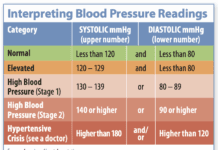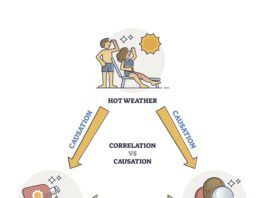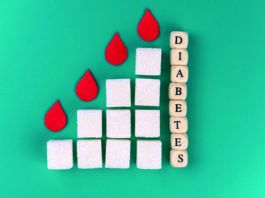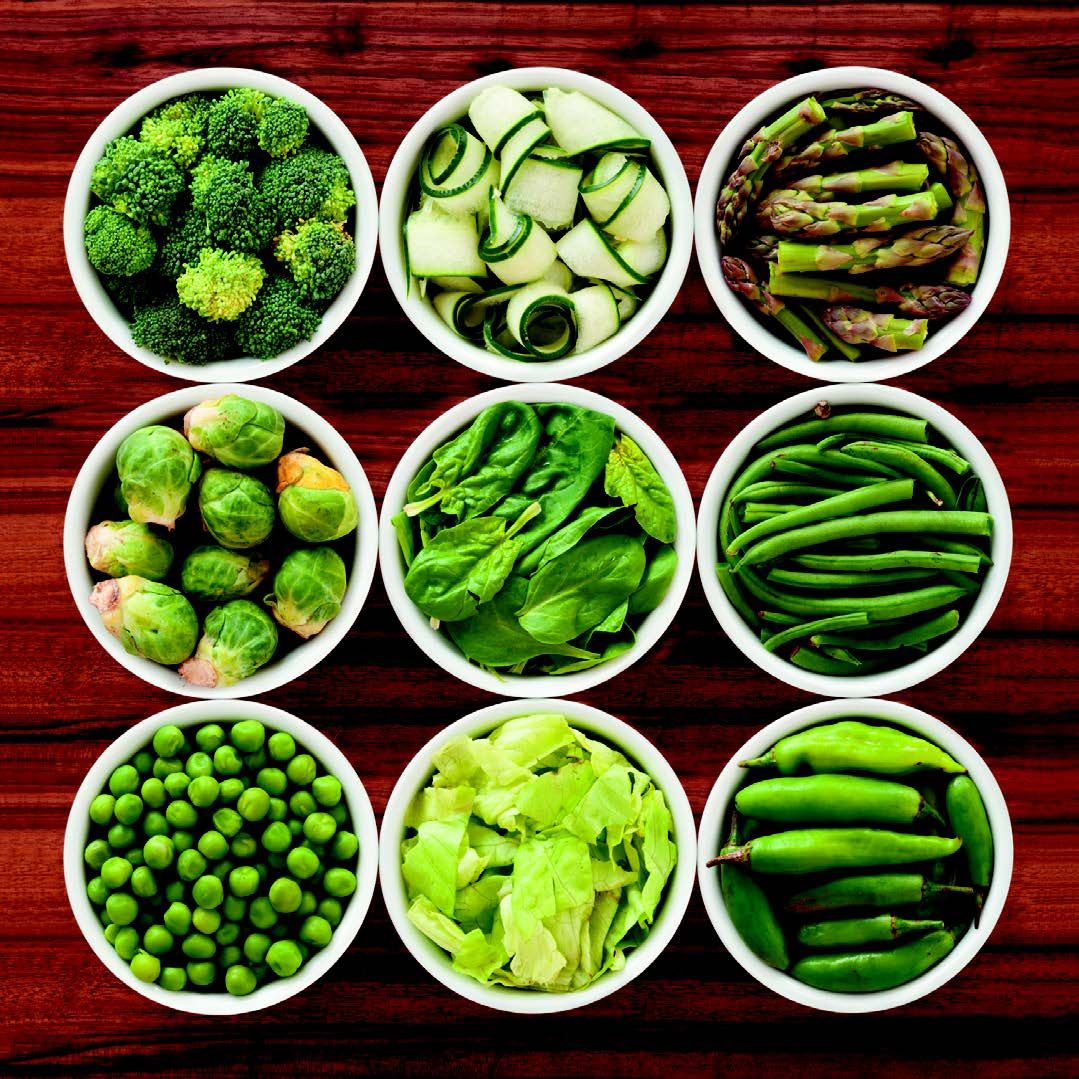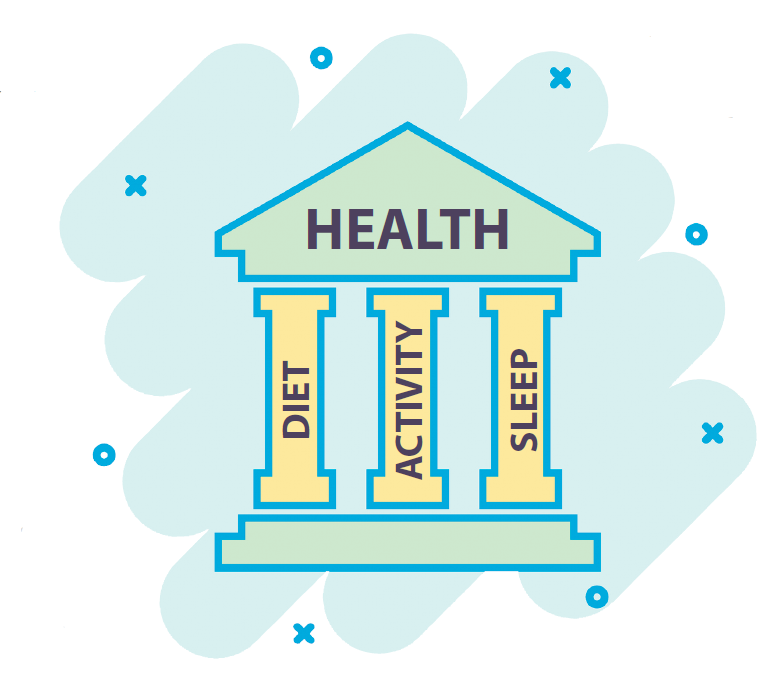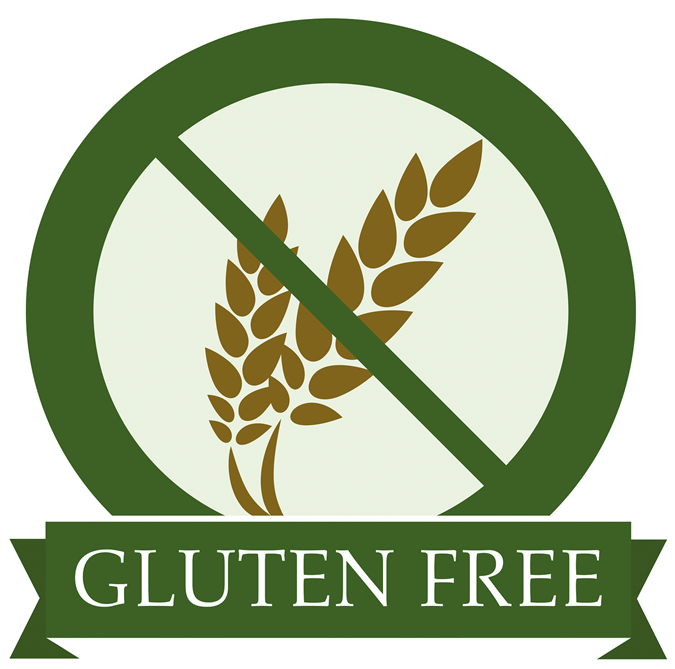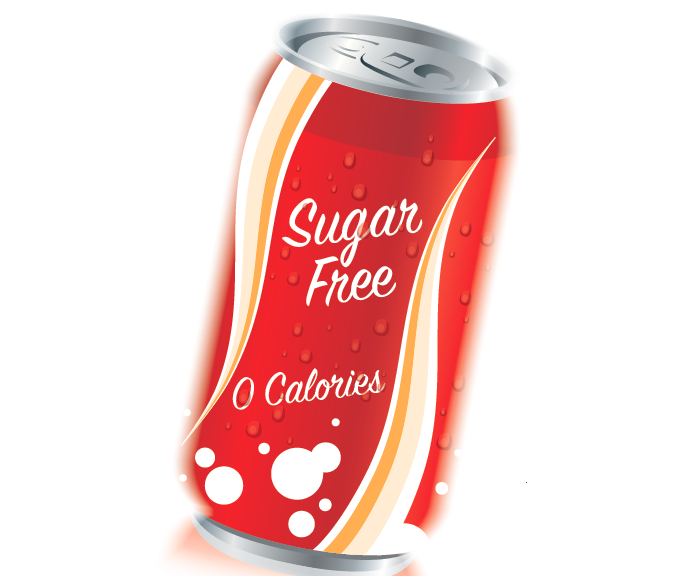Cancer and Diet: The Latest in Prevention
Cancer is the second leading cause of mortality in the United States, accounting for one in four deaths. Lifestyle choices such as use of...
The Low FODMAP Diet
FODMAPs (fermentable oligosaccharides, disaccharides, monosaccharides and polyols) are a group of sugars and fibers that serve as beneficial prebiotics, feeding the gut microbes that...
The Rise of Plant-Based Meats
Sales of meat alternatives grew 30 percent in 2018, and this rapid growth is expected to continue. In 2019, plant-based meat alternatives hit the mainstream, with the nationwide introduction of meatless meat at multiple fast-food outlets (including Burger King, White Castle, DelTaco, and some McDonalds locations.)
Sleep:The Third Pillar of Health
We all know that diet and physical activity are essential to good health, but many are unaware that getting adequate sleep is equally important, if not more so. Sleep affects everything from energy and appetite to performance, mood, attention, memory, and decision making. It is the time when the brain forms and maintains the pathways that let us learn and create new memories. Recent research suggests that the body uses sleep time to remove toxins and metabolic trash from the brain (possibly including the plaques that contribute to Alzheimers disease). Habitual short sleep duration is associated with greater risk of obesity, high blood pressure, diabetes, depression, and cardiovascular disease. Unfortunately, about one third of U.S. adults get less than the recommended seven hours of sleep a night.
Who Should Follow a Gluten-Free Diet?
There is lot of advice floating around these days about how to avoid gluten, but very little about how to tell if a gluten-free diet is the right choice for you.
Getting to the Meat of the Matter
A collection of controversial research reviews on consumption of red meat and processed meat published recently in the Annals of Internal Medicine seemingly overturns years of public health guidelines and recommendations from a range of experts and organizations. It was met with resounding criticism from many nutrition experts. A close look at the findings can help you make informed choices for your own health.
Processed Foods
Practically all foods undergo some form of processing before they are ready to eat-from simple processes like cutting and cooking to more complex processes like homogenizing, pasteurizing, fermenting, fortifying, refining, hydrolyzing, and extruding.
The Facts About Plant Oils
There is a lot of confusing, and often conflicting, information in the media about which oil is the best for health. The information is confusing partly because plant oils are fats, and fats are complicated. Dietary fats are actually composed of a mixture of molecules called fatty acids.
Why Do We Overeat?
Humans eat for many reasons, and hunger is just one of them. Overeating contributes to excess weight gain, and subsequently cardiovascular disease, metabolic syndrome, diabetes, hypertension, and other problems. Scientists have been working for decades to try to explain why we overeat, says Emmanuel Pothos, PhD, an associate professor at Tufts Sackler School of Graduate Biomedical Sciences. Perhaps identifying the biological and psychological factors that contribute to overeating will lead to the discovery of an off switch that will make it a thing of the past. More likely, a combination of changes, at the personal, healthcare, and community levels, will be required to curb overeating.
Sugar Substitutes: Helpful or Harmful?
Since the 1980s there has been an explosion of sugar substitutes in the marketplace. These artificial or highly refined natural compounds are used frequently in beverages and processed foods to lower total calories (so-called diet foods and beverages) or decrease added sugar (as in sugar-free or low-sugar products). The number of products available for use at the table or in cooking and baking at home has also increased. While these compounds are touted as calorie-cutting weight loss aids and an option to people with diabetes looking for sweet choices while sticking to their diet, questions about efficacy and safety have dogged them from the start.















